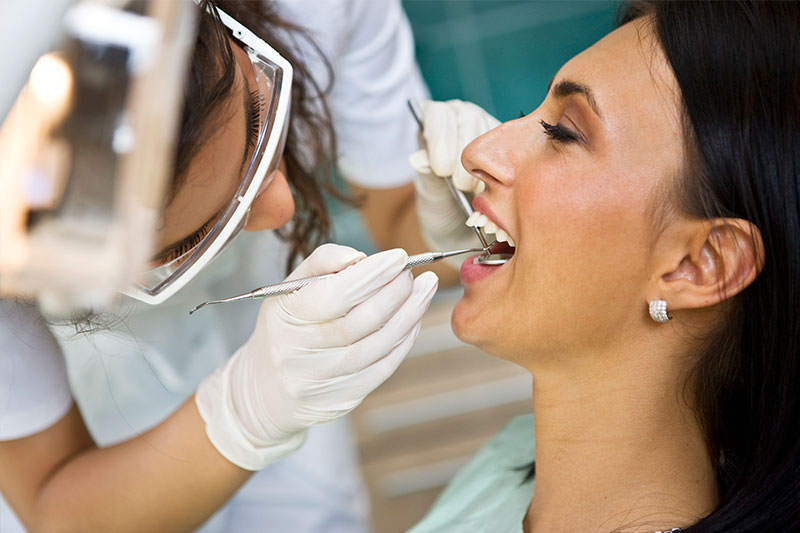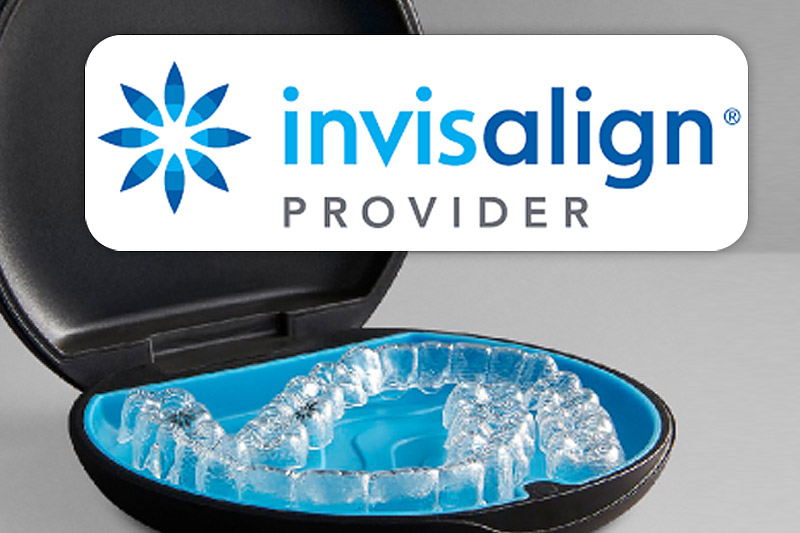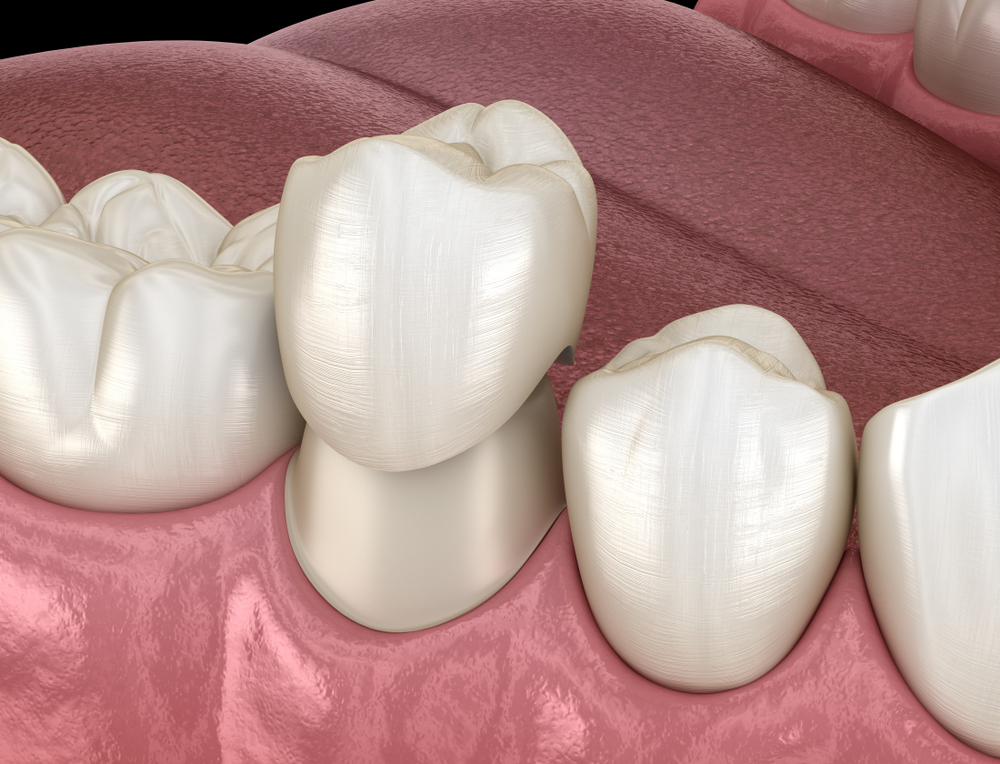Tag: dental crowns dentist near me
Dental Crowns Cost in Watertown MN
When it comes to repairing tooth damage, your dentist will likely present two options: a filling and a crown. The best restorative treatment depends on the type of damage, severity, and location in your mouth.
In general, fillings are used to repair tooth damage that affects less than 50% of the tooth. Crowns, on the other hand, can be used to repair all kinds of tooth damage, but are mostly recommended for broken teeth, large cavities, and to fill gaps between your teeth, by either adding volume to a natural tooth or as part of a dental bridge or implant.
Getting Dental Crowns
Although fillings are easier and more affordable to place, they cannot be used interchangeably with dental crowns. The cost of getting a crown varies depending on the material used and the amount of tooth preparation needed before placement. Naturally, a severely damaged or infected tooth that requires a core build-up will increase the overall cost of the procedure.
Unlike fillings, dental crowns are a long-lasting restorative treatment. That means you get value for your money, even if you spend a little more. However, it should be done by a skilled and experienced dentist. So when considering the cost of dental crowns, it’s best that you don’t simply choose the least expensive dentist without fully understanding the reasons for the low cost treatment.
You don’t necessarily have to pay the total cost of treatment out-of-pocket. Many insurance providers cover about 50% of the cost, though this also depends on your type of insurance and the specifics of your case. For instance, insurance companies are unlikely to cover the cost of a cosmetic crown placement. But if it’s needed to restore a fractured tooth or strengthen a tooth following root canal therapy, then your insurance plan may cover some of the cost. Your insurer will likely only work with professional dentists.
To find out the actual cost of your crown placement procedure, it’s important that you schedule an appointment with your dentist first. Your dental team will then help you workout how much of the cost can be covered by your insurance plan, and what you need to pay out-of-pocket.
Dental Crowns – Your First Visit | Watertown MN
Dental crowns can be fabricated from different materials that include porcelain, composite, porcelain-fused-to-metal, and different types of metals and alloys. Each type of crown has its unique pros and cons, so your dentist will help you choose the most appropriate one for your case depending on the strength requirements and aesthetic concerns of the tooth involved, as well as your personal preferences or allergic reactions to any of the materials.
Crowns are fabricated in a dental lab, so you will need to visit the dentist at least twice: the first time is to prepare your teeth and take measurements that will be used to prepare the crown, which can then be fitted on your second visit.
Here’s what to expect:
- On the first visit, your dentist will administer a local anaesthetic to numb your face for the duration of the procedure.
- Tooth preparation depends on your specific case, and may involve the removal of any decay and infection and filing down the tooth to maximize the retention of the crown and to ensure a good fit that doesn’t distort your smile.
- Next, a mold or impression of the tooth will be made and sent to the lab to fabricate your permanent custom crown. An impression of the opposing tooth may also be created to ensure a perfect fit with the mouth closed.
- To protect the prepared tooth, a temporary or transition crown will be placed on it. This crown is typically made from plastic material (acrylic), and is held in place using a temporary cementing medium to allow easy removal at your next visit.
- After two to three weeks you will return for fitting of the permanent crown. The dentist will remove the temporary crown and clean the site. The permanent crown will then be fitted and adjusted for any bite variations. If there are no issues, the crown can be cemented to your tooth.
Same-Day Crowns
It is possible to get your permanent crown prepared and installed on the same day, as is the case for zirconia crowns. The tooth is prepared the normal way. But instead of making an impression of the tooth, the dentist uses a wand scanner to capture pictures of the teeth. The images are uploaded into a computer where CAD software (computer-aided design) is used to design a 3D model that can be used to fabricate a replacement ceramic crown in about 15 minutes.
Restore Damaged Teeth Today
If you have a severely weakened tooth due to fractures, decay, or any other kind of damage, please visit your dentist to discuss whether crowns are suitable to restore the integrity of the tooth.
To ask about Dental Crowns in Watertown MN please contact us today.
Dental Crowns – Procedure Overview | Watertown MN
Crowns are designed to cover the entire portion of your tooth above the gum line in order to strengthen and protect the remaining tooth structure and to improve its appearance. Following a dental emergency or routine examination, your dentist may recommend that you get a dental crown for any of the following reasons:
- A fractured tooth
- Extensive damage by decay
- A weakened tooth due to large filling
- Deep tooth stains that affect the aesthetics of your smile
- To strengthen and protect a tooth following root canal therapy
- To support replacement teeth with bridgework
- To replace missing teeth when anchored to dental implants
If you’re a good candidate for dental crowns, you will require at least two appointments to complete the treatment:
First Visit
Your dentist will start by administering a local anaesthetic that will numb you for the duration of the procedure. This is necessary to prevent you from feeling any pain when the dentist is preparing your tooth. The process of tooth preparation depends on your specific case, and may involve the removal of any decay and infection and filing down the tooth to maximize the retention of the crown and to ensure a good fit that doesn’t distort your smile.
After tooth preparation, a mold or impression of the tooth will be made and sent to the lab to fabricate your permanent custom crown. To protect the prepared tooth, a temporary or transition crown will be placed on it. This crown is typically made from plastic material (acrylic), and is held in place using a temporary cementing medium to allow easy removal at your next visit.
Second Visit
On your second scheduled visit, which should be in two to three weeks from the first visit, the dentist will remove the temporary crown and clean off the temporary cement from the prepared tooth. The permanent crown will then be fitted and adjusted for any bite variations. The dentist will check for accuracy and assess the aesthetics. If there are no issues, the crown can be cemented to your tooth.
Same-Day Crowns
It is possible to get your permanent crown prepared and installed on the same day. The dentist uses a wand scanner to capture pictures of the teeth, transfers the images into a computer, and uses CAD software (computer-aided design) to design a 3D model that can be used to fabricate a replacement ceramic crown in about 15 minutes.
Caring for Your Dental Crowns
Dental crowns should last long time with proper care, which includes regular brushing and flossing, not using your teeth as tools to crush ice or bite nails, and regular professional cleaning to keep your mouth healthy.
To ask about Dental Crowns in Watertown MN please contact us today.
Dental Crown Types, Procedure, When It’s Done | Watertown MN
A dental crown or tooth cap is a long-term restoration that provides a permanent solution for both restorative and cosmetic dental problems. Dentists particularly recommend them for large cavities, either as the only restoration, or to complement large unstable dental fillings or root canal therapy.
Crowns for Cavities
Dental fillings are the most common restoration for cavities. But if the cavity is too large, it may result in a weak filling with no durability. In such a case, your dentist may recommend that you get a crown instead of fillings to repair the cavity. Crowns can also be used to replace previously placed fillings to strengthen the tooth.
When you have severe decay that has infected the tooth pulp (section inside the tooth that contains the nerves and blood vessels), the condition is considered irreparable and you may end up losing the tooth. However, it is possible to save the tooth through root canal therapy, whereby the pulp is removed and replaced with dental filling material. The procedure requires a substantial amount of the natural tooth to be removed in order to thoroughly clean the pulp and completely remove the infection.
While you retain the original tooth, its structure will have weakened considerably, affecting its normal function. As such, your dentist may recommend that you get a dental crown to encase the restored tooth to strengthen it. The crown also serves an aesthetic function as it covers up the filler material, giving your smile a natural appearance.
Crowns for Cosmetic Dental Applications
Cosmetic reasons
Dental crowns are custom-made to restore the shape, size, and even shade of a damaged tooth if you use a tooth-colored crown. As such, your dentist may recommend crowns to enhance the appearance of imperfect teeth such as:
- Excessively or unevenly worn down – resulting in very short teeth
- Badly shaped teeth
- Severely stained teeth
- Widely gapped teeth
Other Applications of Dental Crowns
Crowns can also be used to repair a chipped, broken, or fractured tooth that is experiencing sensitivity to hot and cold foods and drinks; to support dental bridgework for replacing missing teeth; or to replace a missing tooth with dental implants.
There are different materials that can be used to fabricate dental crowns. Your dentist will help you choose the best material for your specific need. To learn more about Dental Crowns in Watertown MN please contact us today.
Natural Looking Dental Crowns in Watertown MN
A dental crown refers to a cap that is bonded over the entire surface of a damaged tooth to encapsulate the portion of the tooth above the gums. It can be used to repair different types of tooth damage including cracked teeth, large cavities, discoloration, and misshapen teeth. They can also be used alongside other tooth restoration procedures such as root canal therapy, to strengthen the tooth, and dental bridgework to support a tooth replacement.
A cap helps to restore the size, shape, and strength of a tooth while improving its appearance. If you’re a suitable candidate for dental crowns, your dentist may recommend one of the following materials for your permanent crown:
Tooth-Colored Crowns
Tooth-colored crowns that are fabricated entirely from porcelain are referred to as all-porcelain crowns, while those made entirely from ceramic are known as all-ceramic crowns. Dental composite resin is another tooth-colored material that can give you an aesthetic restoration. Composite crowns are highly affordable, but are arguably the weakest material for crowns since they’re prone to chipping, cracking, and rapid wear.
Your dentist may also recommend Zirconium, which is a fairly new dental material that produces crowns that are as strong and durable as metal crowns and natural-looking for an aesthetic restoration. They’re also biocompatible, meaning that they won’t cause allergic reactions, and can be fabricated at the dentist’s office for same-day crown restorations.
Porcelain-fused-to-metal crowns are generally fabricated with a metal base and porcelain coating, which gives them the strength of metal crowns and the aesthetics of tooth-colored crowns. However, porcelain-metal crowns tend to be abrasive to opposing teeth, which increases their wear rate. The metal ring on the crown may also become visible in the event of gum recession.
Metal Crowns
Crowns made from metal are the strongest and most durable option, plus they’re not abrasive to opposing teeth. Different metals can be used to fabricate crowns, including gold, platinum, copper, and alloys like nickel-chromium and cobalt-chromium. Most metal crowns are made from a blend of metals, like gold and the base metal alloys.
Tooth-Colored vs. Metal Crowns
Tooth-colored materials give the restoration a natural look, which makes them a popular choice for repairing front teeth in order to preserve the aesthetics of your smile. They come in different shades, so you can choose a specific color that closely matches the shade of your teeth to make the restoration unnoticeable.
Metal crowns are primarily used to repair back teeth because they’re strong and highly resistant, and they’re not visible when smiling, which makes aesthetics less of a concern. But they may not be suitable for people who’re allergic to metals or those with aesthetic concerns.
To learn more about Dental Crowns in Watertown MN please contact us today.

New Patient Exam Xrays and Regular Cleaning $67
Includes consultation, exam, and x-rays. In the absence of periodontal disease. New Patients Only
Make Appoinment
Invisalign
With advances in dental technologies, it is now possible to straighten your teeth discreetly without the use of traditional metal braces.
Learn more





